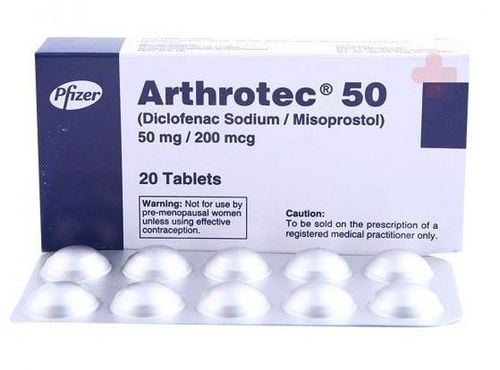Caring for a bedridden, paralyzed patient is not an easy task. The caregiver must be exceptionally patient, as the patient is unable to perform basic functions. Furthermore, bedridden paralyzed patients are at risk of developing complications such as pressure ulcers and deep vein thrombosis.
1. Care for Pressure Ulcers
Pressure ulcers are a common condition in paralyzed patients, caused by poor nutrition in one or more areas of the skin. Additionally, the body's weight pressing on the skin and muscles makes it difficult for blood to circulate or reach the area, leading to malnutrition. Meanwhile, venous blood congestion causes inflammation, which eventually leads to ulcers. Ulcers are often found in bony areas without muscle coverage or with very little muscle, such as the occipital bone, sacrum, elbows, shoulder blades, heels, etc.
Therefore, to effectively prevent pressure ulcers, you should first choose a suitable bed and mattress for the patient. A multifunctional bed and mattress not only help the caregiver feel less fatigued during care but also reduce pressure and limit ulcer formation.
Additionally, you need to recognize the signs of ulcers, such as:
- Redness in pressure areas
- Congestion
- Pain reported by patient
- Blisters similar to burns; when the blister bursts, the skin at that site turns red, pale blue, then black, etc.
Caring for a paralyzed patient involves keeping the patient's skin dry and clean at all times. Massage the patient at least 3-4 times daily, especially in areas prone to ulcers. If the skin blisters, try to keep the blister intact to prevent infection. Regularly change the patient's position after a period of time, ideally every 30 minutes, and place the patient in the most comfortable position possible
2. How to Maintain Hygiene When Caring for a Paralyzed Patient
Paralyzed patients lose the ability to care for themselves, making personal hygiene very challenging. However, good personal hygiene is an effective measure to prevent pressure ulcers. In the summer, caregivers should bathe the patient daily, while in the winter, the frequency can be reduced to 2-3 times per week. You can use a warm towel to wipe the patient, and use dry spray body cleansers. Change diapers and pads frequently to keep the patient feeling dry. Oral hygiene should be performed daily using gauze or saline, and mouthwash for the patient to clean their mouth daily.

3. Choosing a Nutritional Regimen
A balanced diet that includes proteins, fats, vitamins, and minerals will help keep the patient healthy and reduce the risk of ulcers. Additionally, a balanced diet will aid in digestion and help prevent obesity as well as nutrient deficiencies that can affect health and recovery. Consult with nutrition experts to develop an appropriate nutritional regimen.
4. Physical and Mental Care
Caring for a bedridden patient requires special attention to movement to prevent joint stiffness. Encourage the patient to perform gentle exercises such as flexing and extending their legs and arms, and moving their fingers to help keep their joints flexible.
Additionally, providing emotional support is extremely important and necessary. Bedridden patients often feel pessimistic, sad, and may want to give up due to the loss of basic life functions. Therefore, it is essential to provide encouragement, helping the patient feel optimistic and cheerful. A comfortable mental state will significantly contribute to the patient's quick recovery.
In summary, caring for a paralyzed patient is not an easy task and requires perseverance to avoid discouragement for both the caregiver and the patient. Moreover, paralyzed patients are at risk of pressure ulcers, thrombosis, joint stiffness, etc. Therefore, in addition to comprehensive care for the patient's physical, mental, and nutritional needs, it is necessary to prevent potential complications.
Please dial for more information or register for an appointment . Download to make appointments faster and to manage your bookings easily.
To arrange an appointment, please call HOTLINE or make your reservation directly HERE. You may also download the MyVinmec app to schedule appointments faster and manage your reservations more conveniently.








